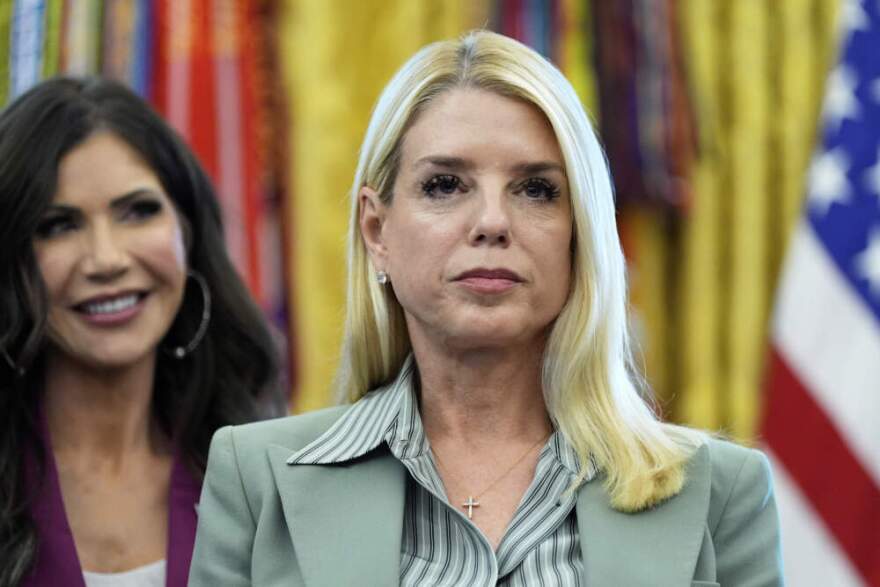
In the wake of Charlie Kirk’s death, some Americans have lost their jobs for their social posts about the killing. The online pressure campaign has become a point of focus for many people on the right who are angered by criticism and comments around Kirk and his political beliefs.
That anger has been echoed by members of the Trump administration. including Vice President JD Vance, who encouraged podcast listeners to call the employers of anyone celebrating Kirk’s death. And earlier this week, Attorney General Pam Bondi said in a post on X, “Hate speech that crosses the line into threats of violence is NOT protected by the First Amendment. It’s a crime”
But is that true? What speech is protected under the First Amendment?
“We are living in a very fraught, very scary moment for freedom of expression,” said Will Creeley, legal director with the Foundation for Individual Rights and Expression. “I’m very worried.”
4 questions with Will Creeley
What is your reaction to the crackdown on comments about Kirk?
“It’s shocking. It’s a kind of top-down authoritarian snitch culture encouraged from the White House… It encourages folks to turn in others for unpopular or simply dissenting views.
“But in the United States, there is no party line on the death of a public figure. The First Amendment protects offensive, unpopular, dissenting speech. That’s the whole point.”
Many people found the comments about Kirk’s death to be deeply offensive. Remind us what the First Amendment says about language that hurts.
“The First Amendment has no exception for language that is gravely offensive to some, many or even most of us. I’m old enough to remember when we heard a hue and cry from the right about people being fired for expressing their opinions of George Floyd.
“We heard a lot about cancel culture. We heard a lot about the need to protect dissenting or contrary viewpoints. All of that seems now to have been completely abandoned.”
How much did Attorney General Pam Bondi muddy the waters with her comments about hate speech?
“I’ve been defending First Amendment rights of folks from across the political spectrum for 20 years. If I had a quarter for every time I’d heard somebody say, ‘Well, hate speech is not free speech,’ it absolutely is protected by the First Amendment. That is part of our unique commitment in this country to protecting expression. As the Supreme Court has said, one of the ‘proudest boasts’ of our constitutional jurisprudence is that we protect even the thought we hate.”
Can you give us an example? What’s the difference between hate speech and illegal speech under the First Amendment?
“It has to be speech that is directed to leaving an individual or a group of individuals in serious fear of bodily harm or death. And the speaker has to know that it’s likely to have that effect. That’s a high bar, and it’s important that it’s a high bar. One of the classic cases from the Supreme Court, Rankin v. McPherson, involved a public employee who said after the attempted assassination of [former] President [Ronald] Reagan, if they go for him again, I hope they get him. That’s protected by the First Amendment.
“Words themselves are not violence. It’s incredibly important that we maintain that distinction. We must have the widest range possible for opinion and the narrowest possible tolerance of violence.”
This interview was edited for clarity.
____
Kalyani Saxena produced and edited this interview for broadcast with Micaela Rodríguez. Saxena also produced it for the web.
This article was originally published on WBUR.org.
Copyright 2025 WBUR

